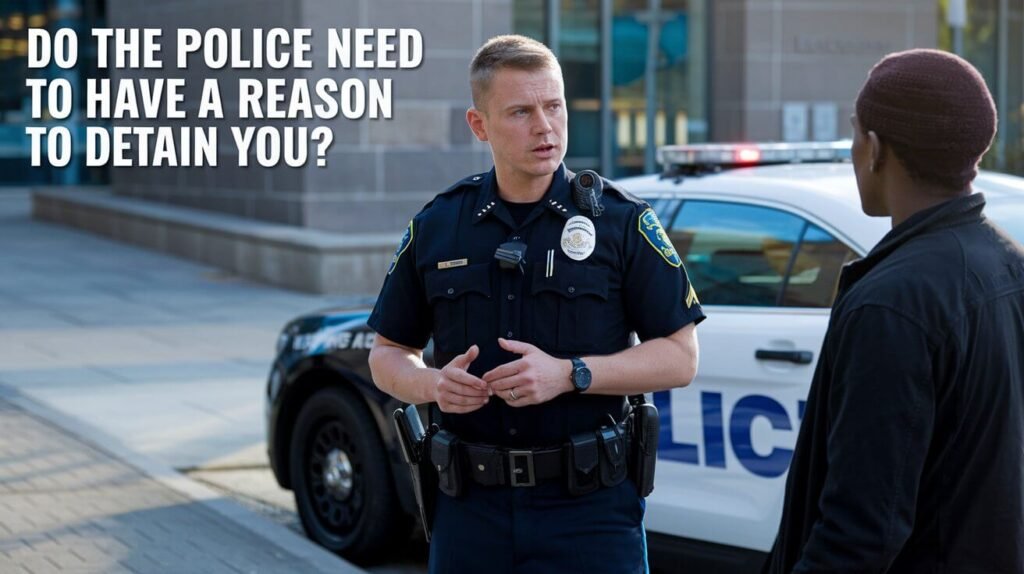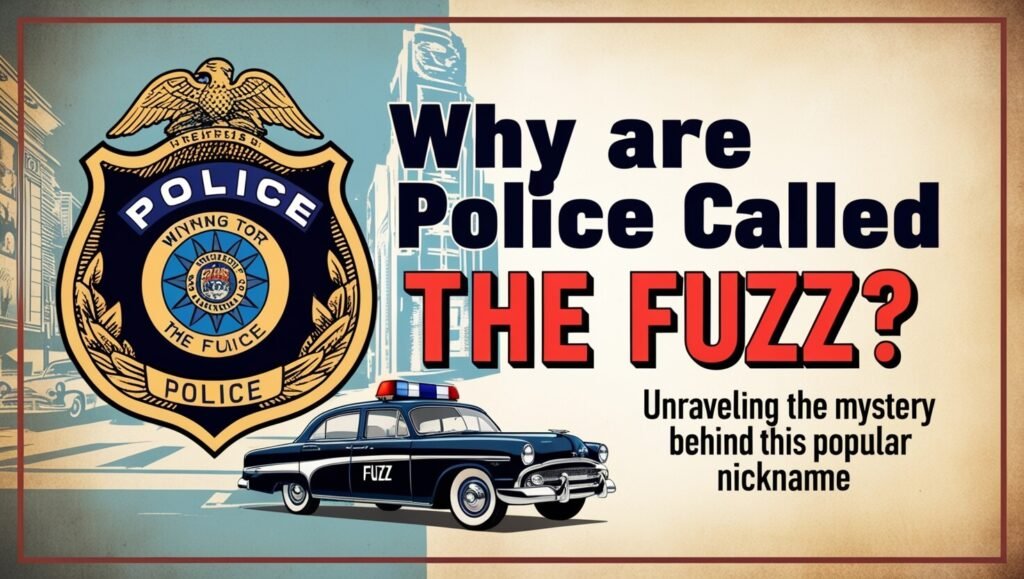Have you ever wondered why police officers are sometimes referred to as "12"? It's not just some random number or code; it's a story that goes way back in history. This term has been floating around for ages, and today we're diving deep into its roots, uncovering the mysteries behind this nickname. Whether you're a cop enthusiast or just curious about slang terms, stick around because this is gonna be a wild ride!
When we think about law enforcement, there are so many nicknames and terms that pop up. Some of them make sense, while others seem like they were plucked out of thin air. "12" falls somewhere in between, and its origin is as intriguing as it gets. So, buckle up, folks, because we're about to explore the fascinating world of police terminology and why the number 12 became synonymous with officers.
Understanding the origins of these terms is more than just a fun factoid. It gives us insight into how language evolves over time and how certain words or numbers can take on entirely new meanings. And let's face it, knowing this kind of stuff makes you sound super smart at parties. So, without further ado, let's dive into the nitty-gritty details of why police are called 12.
Read also:Jennifer Lanne The Voice That Defines A Decade
Table of Contents
- The History Behind the Number 12
- How the Term Evolved Over Time
- Cultural Impact of the Term "12"
- Slang and Its Connection to Law Enforcement
- The Role of Music in Popularizing "12"
- Legal Implications of Using Slang
- Police Perspectives on Being Called "12"
- Community Reactions to the Term
- Modern Usage and Popularity
- Final Thoughts on Why Police Are Called 12
The History Behind the Number 12
Let's rewind the clock and go back to the early days of law enforcement. Back in the day, police officers used a system called "watch numbers" to identify themselves. These numbers were assigned to officers based on their patrol routes or shifts. Now, here's where it gets interesting—some departments used the number 12 as a code for police officers. It wasn't random; it was strategic.
In some cities, the number 12 was associated with the "12 o'clock shift," which was one of the main patrol times. Over time, this association stuck, and the number became shorthand for police officers. It was kind of like a secret code among the community, and before you know it, the term "12" was being used in everyday language.
Early Days of Police Codes
Police codes have been around for centuries, and they were created to simplify communication between officers. Think about it—back in the day, radios weren't as advanced as they are now. Officers needed quick, easy ways to convey information, and numbers were the perfect solution. The number 12 was just one of many codes used by law enforcement, but it stood out because of its simplicity and memorability.
How the Term Evolved Over Time
Fast forward to modern times, and the term "12" has taken on a life of its own. It's no longer just a code for police officers; it's a cultural phenomenon. You'll hear it in songs, movies, and even casual conversations. But how did it evolve from a simple number to a widely recognized term?
The evolution of slang is a fascinating process. Words and phrases can start off as insider jargon and eventually make their way into mainstream vocabulary. In the case of "12," its popularity can be attributed to its use in popular culture. Movies, TV shows, and music have all played a role in cementing its place in the lexicon.
From Code to Common Language
- 1950s: Police codes like "10-4" and "12" start gaining traction.
- 1970s: The term "12" becomes more widely used in urban areas.
- 1990s: Hip-hop music popularizes the term, bringing it to a global audience.
Cultural Impact of the Term "12"
Language is a powerful tool, and the words we choose to use can have a significant impact on culture. The term "12" is no exception. It has become a symbol of law enforcement, both revered and reviled depending on who you ask. For some, it represents safety and security, while for others, it symbolizes authority and control.
Read also:Crochet Turtle With Reusable Shell The Ultimate Ecofriendly Crafting Guide
In many communities, the term "12" is used as a warning. If someone says, "The 12 is coming," it usually means the police are nearby. This usage highlights the complex relationship between law enforcement and the communities they serve. It's a reminder that words carry weight, and their meanings can vary depending on context.
Community Perceptions
Perceptions of the term "12" differ greatly depending on where you are and who you're talking to. In some neighborhoods, it's seen as a neutral term, while in others, it carries a negative connotation. Understanding these nuances is crucial for fostering better communication between police and the communities they serve.
Slang and Its Connection to Law Enforcement
Slang is an ever-evolving part of language, and it often reflects the attitudes and values of a particular group. When it comes to law enforcement, slang terms like "12" are deeply ingrained in popular culture. They serve as a way for people to express their thoughts and feelings about police officers, whether positive or negative.
The use of slang in relation to law enforcement is a double-edged sword. On one hand, it can create a sense of camaraderie among those who use it. On the other hand, it can perpetuate stereotypes and misunderstandings. It's important to approach these terms with an open mind and a willingness to learn.
Common Slang Terms for Police
- Five-O
- Pigs
- The Man
- Blue
The Role of Music in Popularizing "12"
Music has a way of shaping language and culture, and the term "12" is no exception. From hip-hop to rock, countless songs have referenced the number as a stand-in for police officers. Artists use it to convey messages about authority, power, and resistance. It's become a staple in many genres, and its usage continues to grow.
One of the most famous examples of "12" in music is the song "The 12" by Bone Thugs-N-Harmony. Released in 1995, the track brought the term into the mainstream and helped cement its place in popular culture. Since then, countless other artists have incorporated it into their lyrics, further solidifying its status as a cultural icon.
Music as a Reflection of Society
Music is often a reflection of the times, and the use of "12" in songs is no different. It speaks to the complex relationship between law enforcement and the communities they serve, highlighting both the tensions and the connections that exist. By examining the lyrics and themes of these songs, we can gain a deeper understanding of the social and cultural dynamics at play.
Legal Implications of Using Slang
While using slang terms like "12" might seem harmless, there can be legal implications depending on the context. In some situations, using certain words or phrases can be seen as inciting violence or promoting illegal activity. It's important to be mindful of how language is used, especially in public forums.
Law enforcement agencies have also weighed in on the use of slang, acknowledging its impact on community relations. Some departments have even issued guidelines on how to handle situations where slang is involved. It's a delicate balance between freedom of expression and maintaining order.
Guidelines for Responsible Language Use
- Avoid using derogatory terms that could incite violence.
- Be aware of the context in which words are used.
- Engage in open dialogue with community members about language.
Police Perspectives on Being Called "12"
From the perspective of law enforcement officers, being called "12" can evoke a range of emotions. For some, it's a badge of honor, a recognition of their role in society. For others, it's a reminder of the challenges they face in building trust with the communities they serve. Understanding these perspectives is key to fostering better relationships between police and the public.
Many officers view the use of slang terms as a reflection of the cultural landscape they operate in. They recognize that language evolves, and they strive to adapt to these changes while maintaining professionalism and integrity. It's a balancing act, but one that's essential for effective policing.
Building Bridges Through Communication
Communication is at the heart of any successful relationship, and the relationship between police and the public is no exception. By engaging in open, honest dialogue, both sides can work towards a better understanding of each other's perspectives. This includes addressing the use of slang terms like "12" and exploring ways to bridge any gaps in communication.
Community Reactions to the Term
Community reactions to the term "12" are as varied as the communities themselves. Some see it as a harmless nickname, while others view it as a symbol of oppression. These differing opinions highlight the complexity of language and its impact on social dynamics.
It's important for communities to have conversations about the words they use and the meanings behind them. By fostering a culture of understanding and respect, we can work towards a more harmonious society. This includes acknowledging the role that language plays in shaping our perceptions and interactions.
Promoting Positive Dialogue
Positive dialogue starts with active listening and empathy. When discussing terms like "12," it's important to approach the conversation with an open mind and a willingness to learn. By doing so, we can create a space where everyone feels heard and respected.
Modern Usage and Popularity
In today's world, the term "12" continues to be a popular way of referring to police officers. Its usage spans across various media platforms, from social media to television shows. It's a testament to the enduring power of language and its ability to adapt to changing times.
As we look to the future, it's likely that the term "12" will continue to evolve. Language is a living thing, and it thrives on innovation and creativity. By embracing these changes, we can ensure that our words continue to serve as tools for connection and understanding.
Trends in Slang Usage
Keeping up with trends in slang usage can be a challenge, but it's essential for staying relevant in today's fast-paced world. Social media platforms like TikTok and Instagram have become hotbeds for new slang terms, and "12" is just one example of a term that has found a new audience in these spaces.
Final Thoughts on Why Police Are Called 12
So there you have it—the fascinating story behind why police are called 12. From its humble beginnings as a watch number to its current status as a cultural icon, this term has come a long way. It's a reminder of how language evolves over time and how words can take on entirely new meanings depending on context.
As we've explored in this article, the term "12" is more than just a number. It's a symbol of law enforcement, a reflection of cultural dynamics, and a testament to the power of language. Whether you love it or hate it, there's no denying its impact on society.
So, the next time you hear someone refer to the police as "12," take a moment to appreciate the history behind it. And if you have any thoughts or questions, feel free to drop a comment below. Let's keep the conversation going and continue learning from each other!


